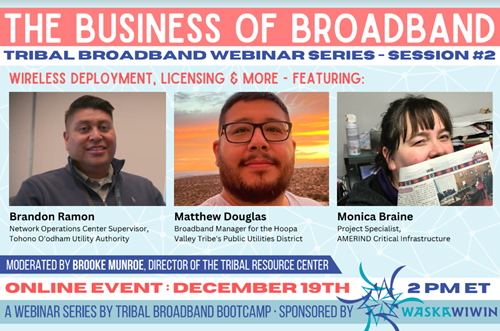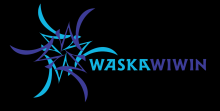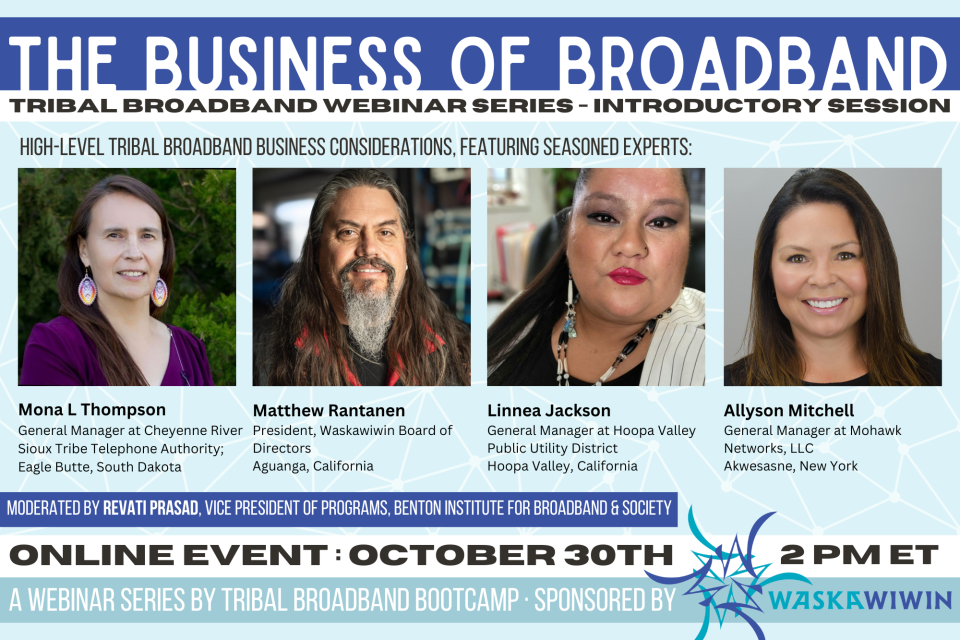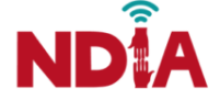Upcoming Tribal Business of Broadband Webinar Focuses on Wireless Tech
The Tribal Business of Broadband webinar series, a virtual extension of the Tribal Broadband Bootcamps, continues later this month with a focus on wireless Tribal networks.
It will be held on December 19 at 2 pm ET.
As historic investments are being made to bring better broadband to Indian Country, the webinars are designed to be a practical resource for Tribal leaders seeking to expand high-speed Internet access within Indigenous communities.
Coming on the heels of the first webinar in the series, which focused on high-level business considerations in establishing Tribal networks, this second webinar will cover what it takes to deploy wireless networks, the spectrum licensing involved, and other related issues.

Like the previous webinar, the lineup of speakers bring in-depth knowledge and experience in the building and operation of Tribal networks. Speakers for the Dec. 19 webinar include: Brandon Ramon, Network Operations Center Supervisor for the Tohono O'odham Utility Authority; Matthew “Speygee” Douglas, Broadband Manager for the Hoopa Valley Tribe's Public Utilities District; and Monica Braine, Project Specialist for AMERIND Critical Infrastructure. The conversation will be moderated by Brooke Munroe, Director of the Tribal Resource Center.
Pre-registration is not required. Interested participants can watch the webinar live here.





